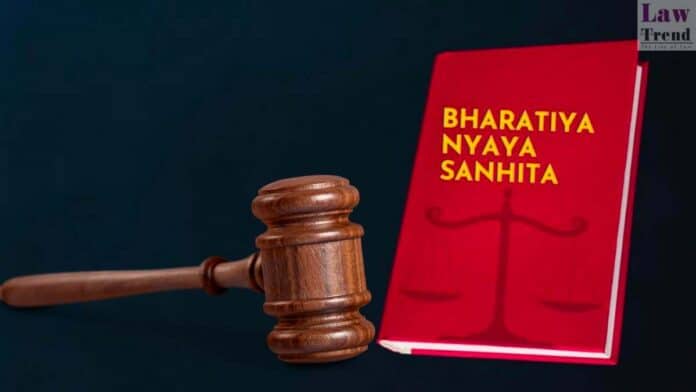In a significant legal development, a petition has been filed in the Supreme Court challenging the constitutional validity of the Bharatiya Nagarik Suraksha Sanhita, 2023 (BNSS) and the Bharatiya Nyaya Sanhita, 2023 (BNS). These codes, which came into effect on July 1, are said to replace the Code of Criminal Procedure, 1973, and the Indian Penal Code, 1860. The petitioner, Azad Singh Kataria, a retired BSF Commandant, has raised concerns over various provisions he argues could threaten fundamental rights and reintroduce contentious laws.
Key among the challenged provisions are Sections 111 and 113 of the BNS, which address the offences of organized crime and terrorist acts. The petitioner argues these sections lack the procedural safeguards found in special statutes like the UAPA and MCOCA, potentially violating Articles 14 and 21 of the Constitution.
Additionally, Section 152 of the BNS has drawn significant scrutiny. It ostensibly reintroduces the offence of sedition, previously under Section 124A of the IPC and suspended since May 2022 following a Supreme Court order. The petitioner contends that the language used in the new section is overly broad and vague, making it susceptible to misuse for quelling dissent, thus infringing on Articles 14, 19, and 21 of the Constitution.
Another contentious issue is Section 173(3) of the BNSS, which grants the police discretion to delay registering an FIR based on a preliminary inquiry for offences punishable with three to seven years. This, Kataria argues, violates the Supreme Court’s earlier ruling in Lalita Kumari vs. Govt. of U.P., which mandates FIR registration if the information reveals a cognizable offence.
The petition also highlights Section 187(3) of the BNSS, which allows for more than the previously capped 15 days of police custody, raising concerns over the potential for police excesses and undermining the rights of undertrials under Article 21.
Furthermore, Section 223 of the BNSS creates a distinction between complaint-based cases and those initiated by FIR, permitting an accused in complaint-based cases to be heard before the magistrate takes cognizance of the offence. This differentiation is seen as potentially discriminatory.
This petition follows another filed last month by the Mannargudi Bar Association, marking a growing dissent within the legal community regarding the new codes. The Supreme Court’s response to these challenges could have profound implications for India’s criminal justice system.




